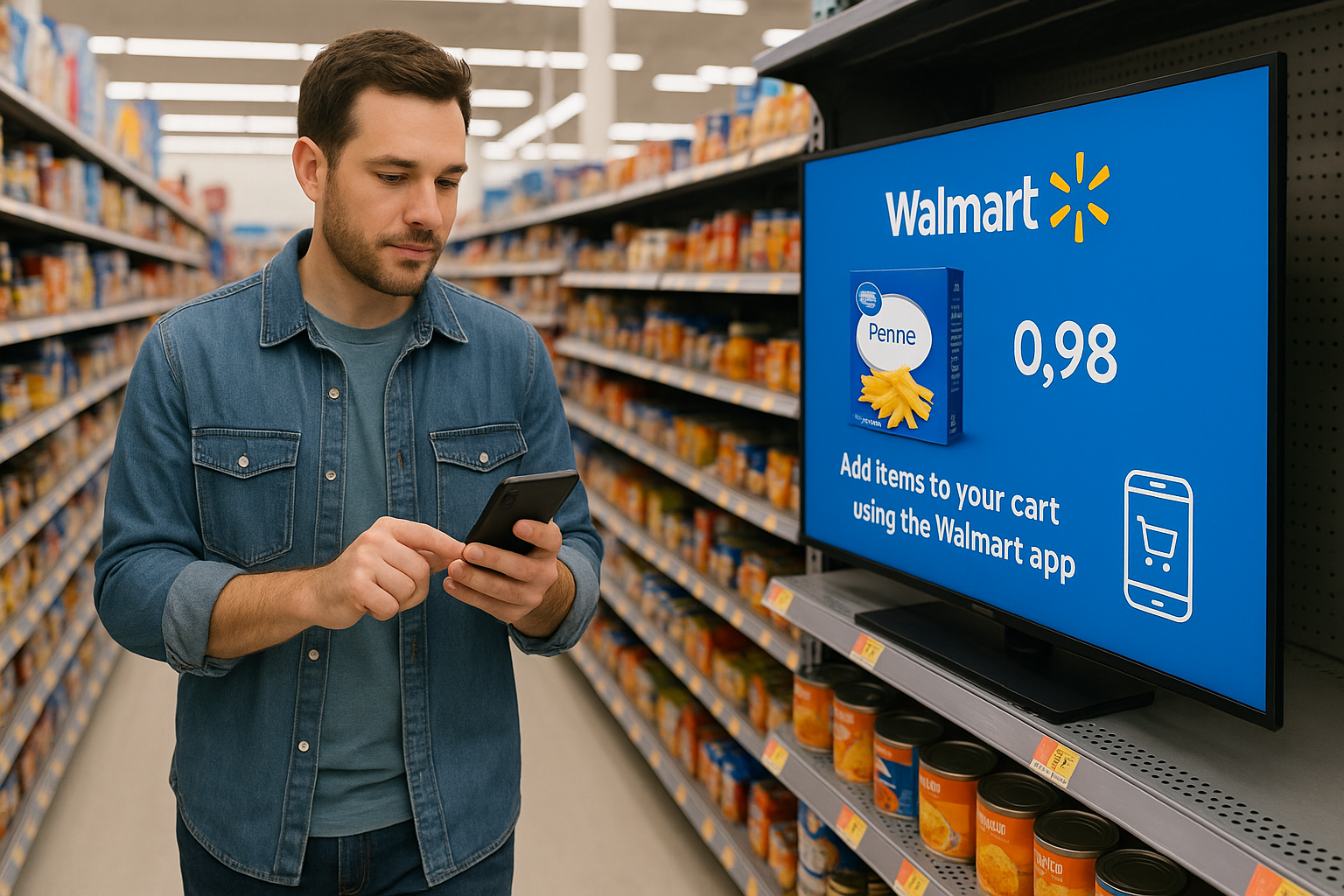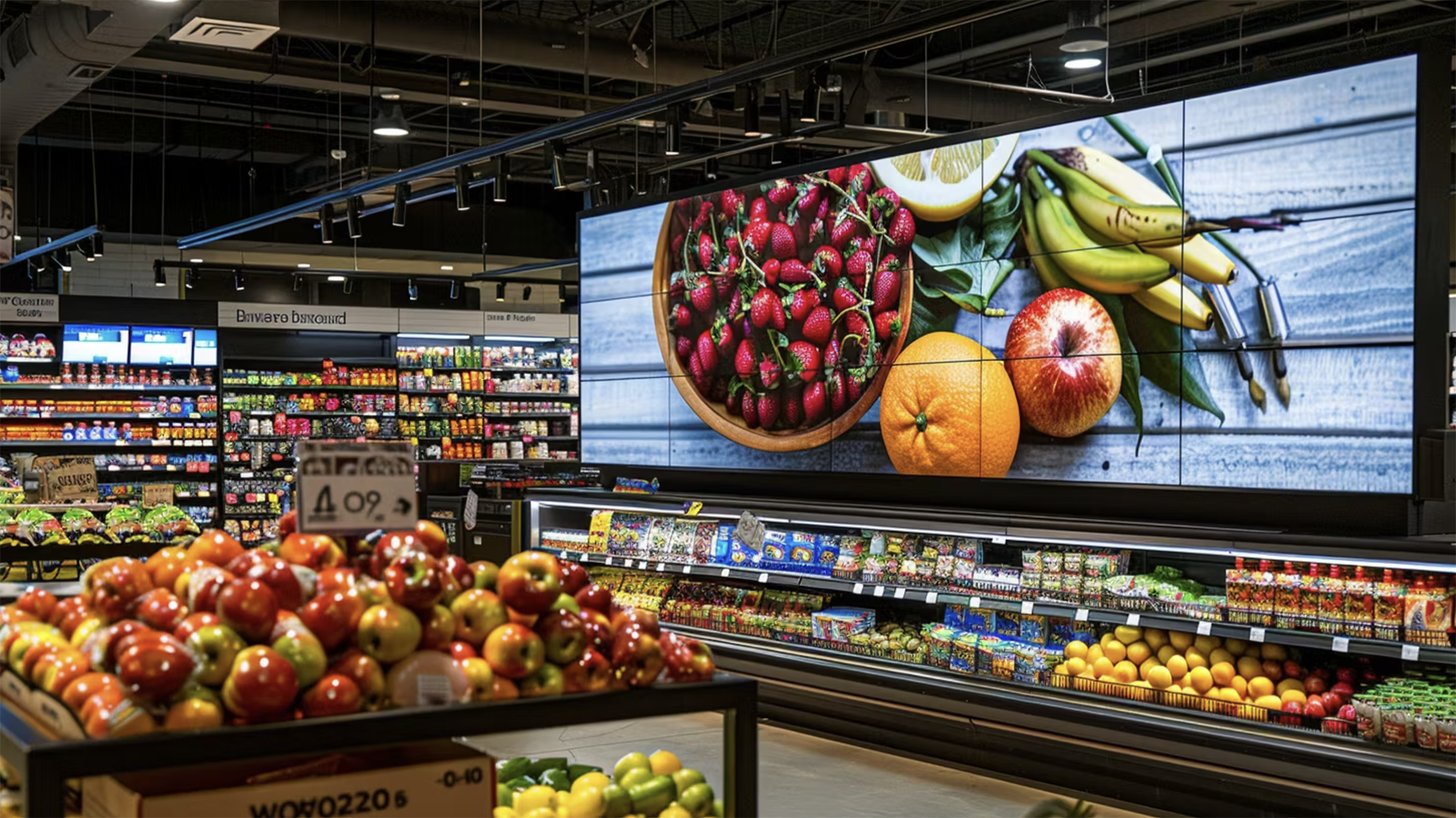Ahold Delhaize Drives Profitability with Omnichannel Fulfillment and Sustainable Practices

At a Glance
- Ahold Delhaize's first-quarter sales increased by 4.7%
- U.S. Digital sales declined by 10% due to Divestment of Fresh Direct
- Launched the first supplier collaboration to reduce carbon emissions
- The "Save Our Customer" program, launched in 2019, has led to increased customer acquisition.
Ahold Delhaize reported net sales of €13.3 billion for the first quarter, with comparable sales excluding gas increasing by 1.6%. Despite this, overall results declined compared to 2023. The U.S. digital sales dropped by 10% due to the divestment of FreshDirect, though this was partially offset by double-digit growth at Food Lion and Hannaford and accelerating growth at Albert Heijn.
The company has seen a surge in overall U.S. sales due to a strategic shift towards online fulfillment capabilities such as same-day delivery and click-and-collect. According to State of Digital Profitability, 83% of grocers find the cost of picking and fulfillment to be a major hindrance to their performance.
Key Highlights
Online Fulfillment
Ahold’s first quarter reports are suggestive that improving their online fulfillment capabilities has led to less asset intense same-day delivery models such as click and collect which has led to an improvement in sales. 86% grocers have identified improving their picking efficiency to be a way to improve profitability as per Grocery Doppios’s research.
Customer Acquisition
According to Digital Grocery Performance Scorecard, 66% of grocers find the cost of customer acquisition hindering their performance. Despite this challenge, Ahold Delhaize's first-quarter sales grew by 4.7%, leading to new customer growth and strong retention of existing e-commerce customers. Launched in 2019, Ahold Delhaize's "Save Our Customer" program aims to sustain growth and drive innovation by optimizing cost efficiency, improving buying conditions, and reducing waste. This initiative enhances operational efficiency and reduces costs in goods sold, transportation, logistics, distribution, and labor. The savings generated are reinvested into further initiatives and improvements across Ahold Delhaize brands, ultimately adding significant value for customers.
Healthier Private Brand
Albert Heijn has entered strategic partnerships with large child care services and healthcare providers, enhancing their reach and impact. Additionally, the brand offers all business customers a standard 10% discount on organic products and items from AH Terra, its fully plant-based product line. This initiative extends Albert Heijn's health and sustainability ambitions from the home to the workplace. According to Grocery Doppio reports, 65% of grocers are actively working to increase their private brand presence, while 23% of shoppers plan to purchase more organic produce. These efforts reflect a growing trend toward sustainability and healthy living, driving both brand loyalty and market growth.
Unprofitability of Digital Sales
The divestment of FreshDirect in the US led to a 10.1% decline in digital sales. This aligns with our research, which shows that 89% of grocers are dissatisfied with the profitability of their e-commerce digital business, suggesting broader industry concerns about profitability in digital grocery sales.
Sustainability Practices
Ahold Delhaize USA has launched its first supplier collaboration focused on reducing carbon emissions, with more initiatives planned for this year. In 2023, 76% of grocers indicated that improving sustainability would be a C-level goal for their organizations, and 61% of shoppers preferred grocers that adopted sustainable practices. Additionally, meat packaging facilities have contributed to higher gains in the US operating margin. According to Grocery Doppio’s Sustainability Practices Benchmark, this indicates a strong use case for future efforts, with 66% of grocers prioritizing packaging improvements in the coming years.
Future Outlook
Looking ahead in 2024, there will be reduced sales in the US segment by $600 million due to the divestment of FreshDirect. The focus would be on improving their omnichannel capabilities and advancing healthy and sustainable initiatives.


.png)



.png)
.png)



.png)


